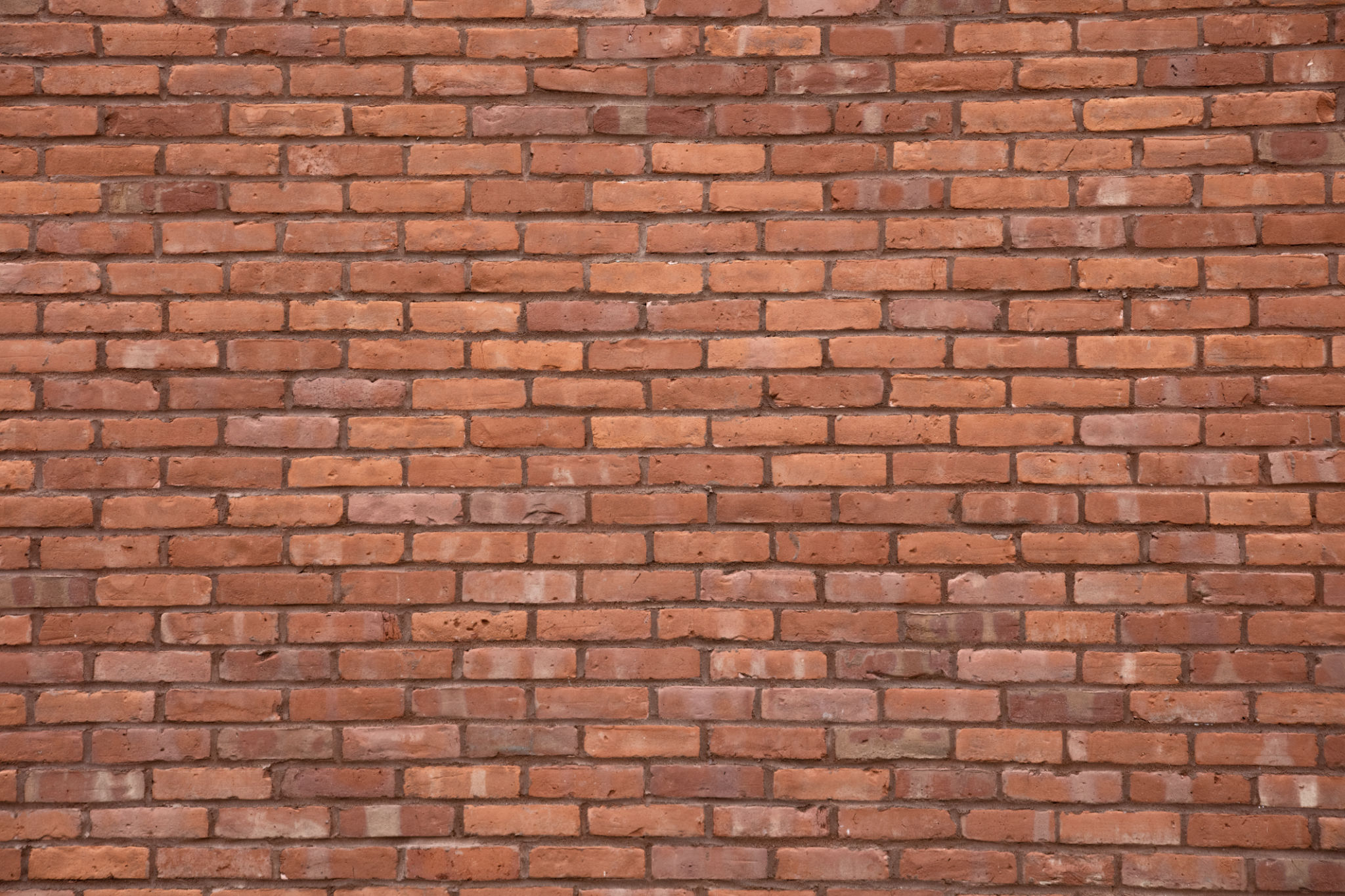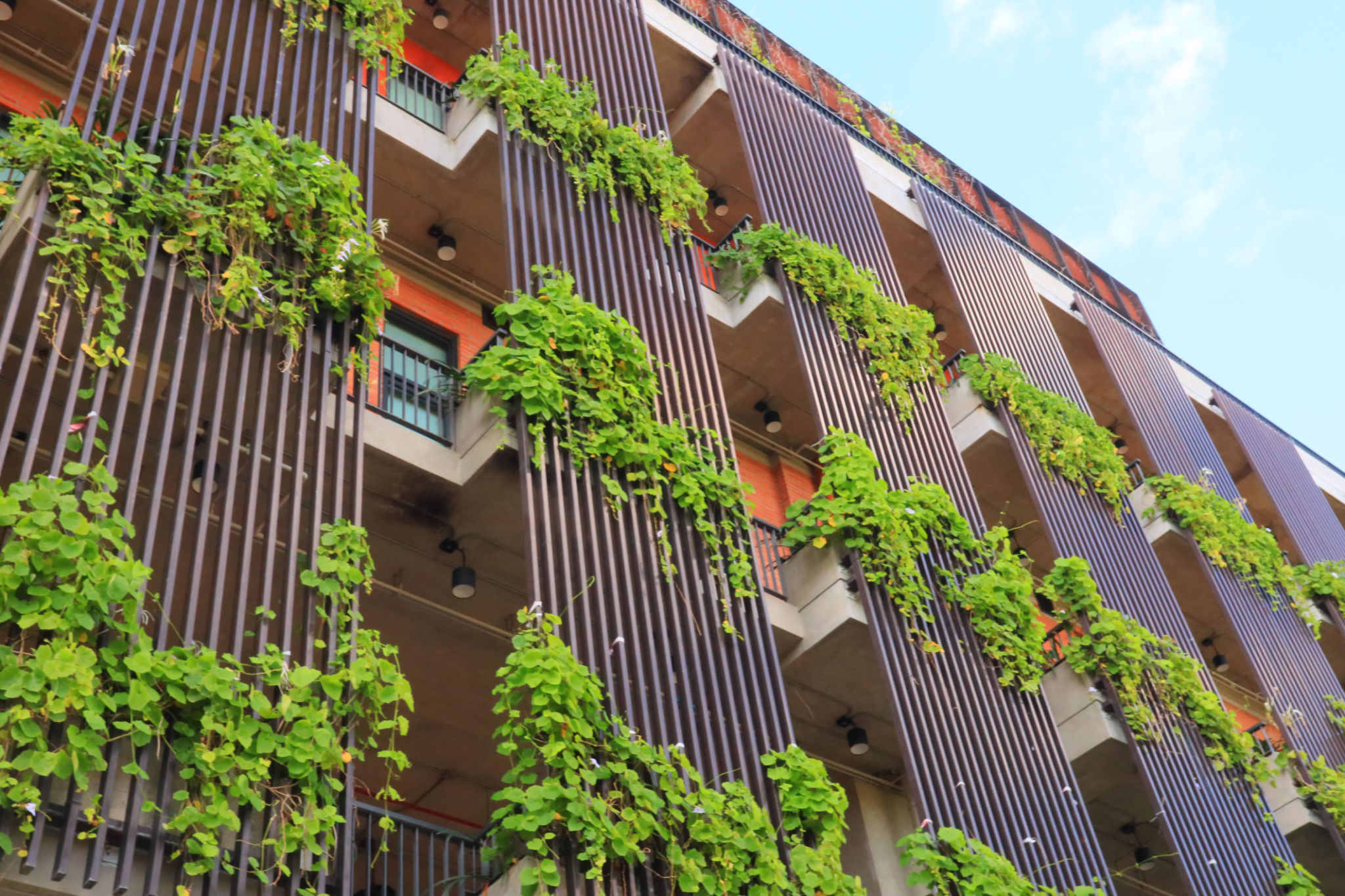Comparing Building Materials: Masonry vs. Other Options for Dallas Construction
Understanding Masonry Construction
Masonry construction is one of the oldest building methods known to mankind. It involves the use of materials like brick, stone, or concrete blocks, bonded together with mortar. This method of construction is renowned for its durability and strength, making it a popular choice for many builders in Dallas.
Masonry offers numerous advantages, including excellent thermal mass, which can help moderate indoor temperatures. Additionally, it provides a high level of fire resistance, soundproofing, and low maintenance requirements. These attributes make masonry an attractive option for both residential and commercial buildings.

Comparing Masonry with Wood Construction
Wood construction is another popular choice in Dallas. It is often favored for its affordability and speed of construction. Wood is a renewable resource and offers flexibility in design, which appeals to many homeowners and developers.
However, wood comes with its own set of challenges. It is susceptible to termites and other pests, as well as being less fire-resistant compared to masonry. Additionally, wood can be more vulnerable to weather-related damage, which is an important consideration in Dallas's varied climate.
Exploring Steel Framing
Steel framing is gaining popularity as a modern alternative to traditional building materials. Known for its strength and versatility, steel framing can support larger spans and open spaces, which is ideal for certain architectural designs.
Steel is also resistant to pests and does not warp, shrink, or expand with weather changes. However, it requires additional insulation materials to match the thermal properties of masonry and may demand more maintenance to prevent corrosion over time.

Concrete: A Versatile Option
Concrete is another widely used material in Dallas construction. It offers flexibility in design and can be molded into various shapes and sizes. Concrete structures are known for their durability and ability to withstand harsh weather conditions.
However, the production of concrete has a significant environmental impact due to CO2 emissions associated with cement manufacturing. Builders often weigh these environmental concerns against the benefits of using concrete for their projects.
Sustainability Considerations
As sustainability becomes increasingly important in construction, many builders are looking for materials that offer environmental benefits. Masonry can be a sustainable option due to its longevity and ability to improve energy efficiency through thermal mass.
On the other hand, wood is renewable but requires responsible sourcing to ensure sustainability. Steel can be recycled extensively, making it an appealing choice for eco-conscious builders. Each material presents unique opportunities and challenges in the pursuit of sustainable construction practices.

Cost Implications
The cost of building materials is a crucial factor for any construction project. Masonry tends to have higher upfront costs due to the labor-intensive nature of the work. However, its longevity and low maintenance can result in cost savings over time.
Wood is generally more affordable initially but may involve higher maintenance expenses due to its vulnerability to pests and decay. Steel and concrete offer a middle ground in terms of initial investment and long-term durability, each with its own set of financial considerations.
Conclusion
Choosing the right building material for construction in Dallas depends on various factors including durability, cost, environmental impact, and personal preference. Masonry remains a strong contender due to its timeless appeal and robust performance. However, other materials like wood, steel, and concrete present viable alternatives that meet different needs and budgets.
Ultimately, it's essential for builders and homeowners to weigh these options carefully to ensure they select the best material for their specific project requirements.
